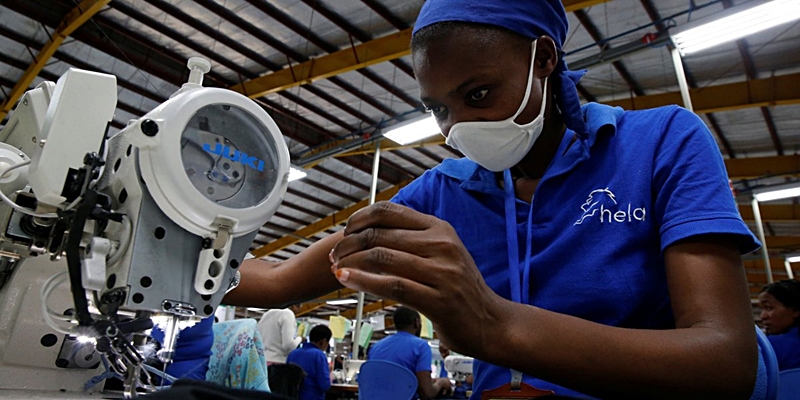AGOA Tariff Preference Eligibility Being Evaluated

Importers and others have until June 23 to seek changes in the eligibility of sub-Saharan African countries to receive benefits under the African Growth and Opportunity Act as part of the Office of the U.S. Trade Representative’s annual review. Public comments will be considered in developing recommendations on AGOA country eligibility for 2022. In addition, comments related to the AGOA child labor criteria may be considered by the Department of Labor as it prepares its required report on that issue.
For 2021 the following have been designated as beneficiary SSA countries: Angola, Benin, Botswana, Burkina Faso, Cabo Verde, Central African Republic, Chad, Comoros, Cote d’Ivoire, Democratic Republic of Congo (reinstated in 2021), Djibouti, Eswatini (formerly Swaziland), Ethiopia, Gabon, Gambia, Ghana, Guinea, Guinea-Bissau, Kenya, Lesotho, Liberia, Madagascar, Malawi, Mali, Mauritius, Mozambique, Namibia, Niger, Nigeria, Republic of Congo, Rwanda, Sao Tome & Principe, Senegal, Sierra Leone, South Africa, Tanzania, Togo, Uganda, and Zambia.
The following are not currently designated as beneficiary SSA countries: Burundi, Cameroon, Equatorial Guinea (graduated from GSP), Eritrea, Mauritania, Seychelles (graduated from GSP), Somalia, South Sudan, Sudan, and Zimbabwe.
The president may designate a country as eligible for AGOA duty-free treatment for certain additional products not included in the Generalized System of Preferences, as well as preferential treatment for certain textile and apparel articles, if that country meets the eligibility criteria set forth in section 104 of the AGOA and section 502 of the 1974 Trade Act. These requirements include that the country has established or is making substantial progress toward establishing, among other things, a market-based economy, the rule of law, political pluralism, the right to due process, the elimination of barriers to U.S. trade and investment, economic policies to reduce poverty, a system to combat corruption and bribery, and the protection of internationally recognized worker rights. In addition, the country may not engage in activities that undermine U.S. national security or foreign policy interests or engage in gross violations of internationally recognized human rights.
If the president determines that an AGOA beneficiary is not making continual progress in meeting the eligibility requirements, the designation of that country as a beneficiary must be terminated. However, the president may also withdraw, suspend, or limit the application of duty-free treatment with respect to specific articles from a country if doing so would be more effective in promoting compliance with AGOA eligibility requirements than terminating the designation of the country as a beneficiary.
Copyright © 2021 Sandler, Travis & Rosenberg, P.A.; World Trade Interactive, Inc. All rights reserved.
Practice Areas
Free Trade Agreements and Trade Preference Programs
ST&R: International Trade Law & Policy
Since 1977, we have set the standard for international trade lawyers and consultants, providing comprehensive and effective customs, import and export services to clients worldwide.
